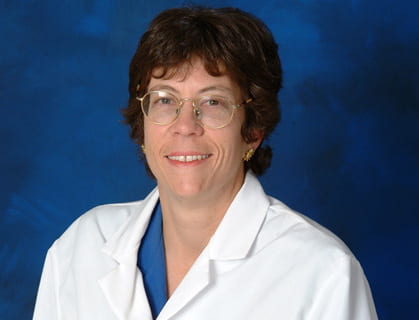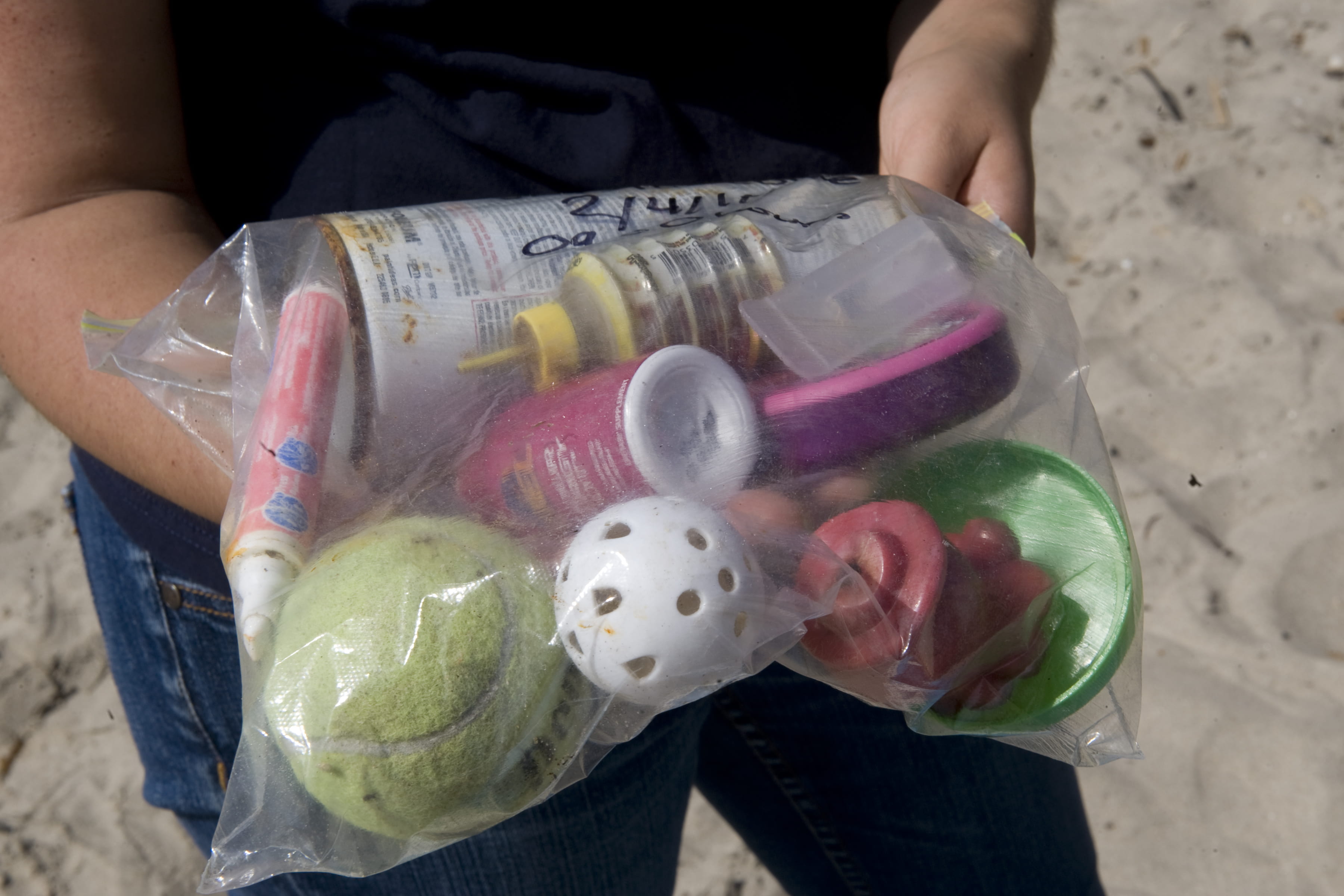Strong dose of optimism
Dr. Laura Mosqueda’s geriatrics team is raising seniors’ spirits and sights

The health problems Dr. Laura Mosqueda sees as director of UCI Medical Center’s Program in Geriatrics may vary, but there is one condition that many new patients have in common – low expectations.
Mosqueda treats this problem immediately with large doses of optimism and encouragement dispensed in a health-care setting where no one places limits on what older people can do.
“A lot of the seniors we see don’t have high enough expectations for their future health, but we tell them it doesn’t have to be that way. Our job is to help patients function at their highest possible level,” says Mosqueda, who has earned a national reputation for leadership and innovation in the field of geriatrics.
As physician and educator, the professor of family medicine in the UCI School of Medicine is making medical care for seniors more comprehensive, interdisciplinary and compassionate.
Named the first Ronald W. Reagan Endowed Chair in Geriatrics in 2004, Mosqueda is medical director of the UCI SeniorHealth Center. In addition, her efforts have led to the creation of the nation’s first Elder Abuse Forensic Center, which brings together UCI medical experts and representatives of Orange County Adult Protective Services and other agencies in a coordinated battle against elder abuse. She recently received funding to launch a center of excellence on elder abuse, which will work toward linking programs, research, education and public policy.
Under her leadership, UCI has recruited a team of outstanding geriatricians as well as psychologists, social workers, nurse practitioners, pharmacists and other experts.
“The heart and soul of what we are is our team. Everyone has a true commitment to serving the elderly,” Mosqueda says. “We have a very loving approach. We do everything we can to help, including house calls, working closely with families and being available when needed.”
Whether she is treating patients, educating medical students or collaborating with community leaders, Mosqueda focuses on one goal: improving the quality of life for seniors. Her students are learning to do the same, partly through a program in which she pairs them with healthy seniors.
“Seniors in the community serve as educators and role models for our students,” Mosqueda says. “The reality for most seniors is that they’re pretty darn healthy, and it’s important for students to see that.”
